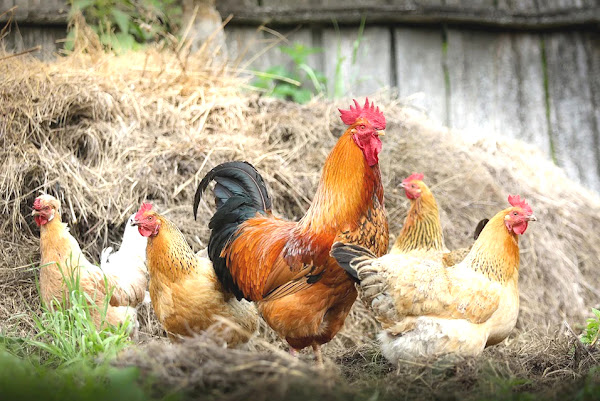Embarking on the journey of raising chickens for a meat shop prompts contemplation on the ethical implications of such a business. Many individuals grapple with the question of whether engaging in activities that involve animal slaughter can accumulate negative karma. This blog explores the perspective that one may be destined for certain tasks in life but has the power to shape their fate through awareness and ethical choices.
Destiny and Duty
In the complex tapestry of life, some believe that the circumstances of birth align individuals with specific vocations. In the context of raising chickens for a meat shop, it is suggested that one might be born into a family engaged in such activities as a predetermined part of their journey. The concept of duty and destiny raises questions about the moral responsibility associated with our chosen paths.
Awakening to Awareness
The journey towards understanding the karmic implications of a profession unfolds over time. Initially, it might be acceptable to engage in certain activities without a full awareness of their ethical dimensions. However, the turning point comes when an individual becomes cognizant of the moral implications of their actions, particularly in industries involving animal slaughter.
Choosing a Higher Path
Upon gaining insight into the ethical complexities surrounding the business of raising chickens for meat consumption, individuals are faced with a choice. The notion here is that, armed with newfound awareness, one can shape their destiny by making conscious decisions. This raises questions about the concept of fate and the role of personal agency in shaping one’s life path.
The Role of Spiritual Teachings
Spiritual teachings often play a pivotal role in shaping perspectives on morality and ethics. Discovering that killing is incompatible with one’s spiritual or ethical beliefs can catalyze change. This section explores the idea that spiritual guidance can lead to a shift in mindset and a commitment to align one’s actions with newfound ethical principles.
Becoming an Agent of Change
While it may be impossible to single-handedly correct the ethical issues prevalent in the world, individuals have the power to effect change within themselves. This section encourages readers to focus on personal responsibility rather than passing judgment on others. By recognizing one’s role in the larger system, individuals can choose to step away from activities that conflict with their evolving ethical compass.
Conclusion:
In the grand tapestry of life, destiny may guide us towards certain paths, but our awareness and ethical choices in the name of free will shape our journey. Raising chickens for a meat shop raises questions about karma, fate, and personal agency. The key lies in understanding the moral implications, making informed choices, and becoming agents of positive change.

